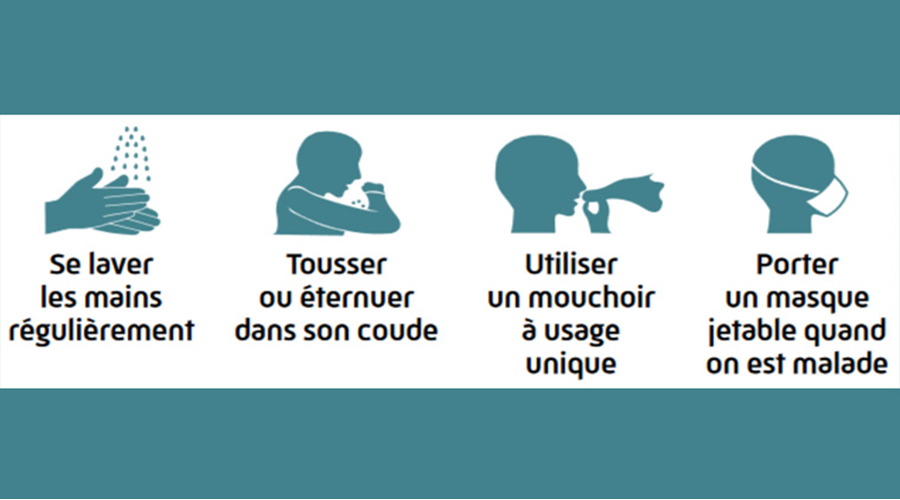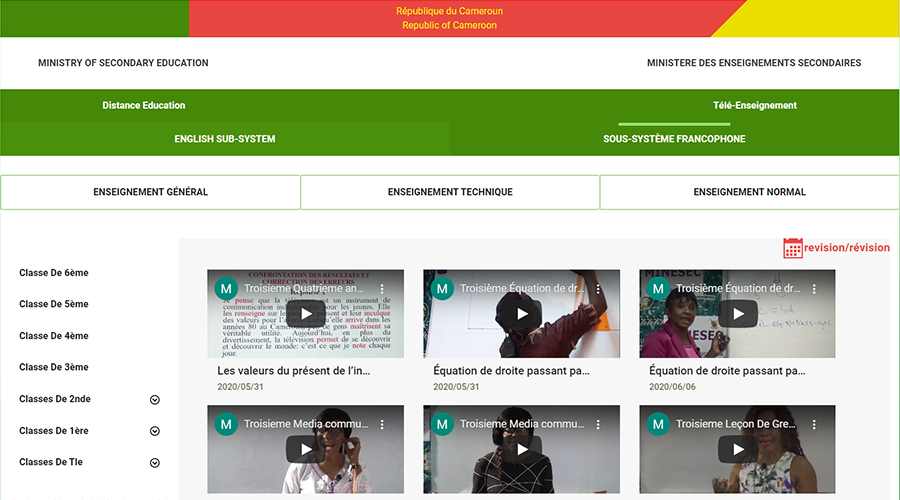
Essential protective measures against the novel coronavirus
Keep up to date with the latest information on the COVID-19 outbreak, available on the WHO website and from national and local public health authorities. COVID-19 continues to affect mainly the population of China, although outbreaks are occurring in other countries. Most infected people have mild symptoms and recover, but others may have a more severe form. Take care of your health and protect others by following these tips:
Wash your hands frequently
Wash hands frequently with a hydro-alcoholic solution or soap and water.
What's that for? Washing your hands with a hydro-alcoholic solution or soap and water kills the virus if it is present on your hands.
Avoid close contact
Maintain a distance of at least 1 metre from other people, especially if they are coughing, sneezing or have a fever.
Why should I do this? When a person infected with a respiratory virus, such as VIDOC-19, coughs or sneezes, they project small droplets containing the virus. If you are too close, you can inhale the virus.
Avoid touching your eyes, nose and mouth.
Why should I avoid touching my eyes, nose and mouth? Hands are in contact with many surfaces that may be contaminated with the virus. If you touch your eyes, nose or mouth, you may come into contact with the virus on those surfaces.
Follow respiratory hygiene rules
Cover your mouth and nose with the crease of your elbow or with a handkerchief if you cough or sneeze - dispose of the handkerchief immediately afterwards in a closed rubbish bin and wash your hands with a hydro-alcoholic solution or soap and water.
Why should I do this? Covering your mouth and nose when coughing or sneezing helps prevent the spread of viruses and other pathogens.
Stay informed and follow your doctor's advice.
Keep abreast of the latest developments regarding VIDOC-19. Follow the advice of your doctor, national and local health authorities or your employer on how to protect yourself and others from VIDOC-19.
Why? National and local authorities have the most up-to-date information about whether or not VIDC-19 is spreading in your area. They are in the best position to explain what people in your area should do to protect themselves.
Source: who.int






